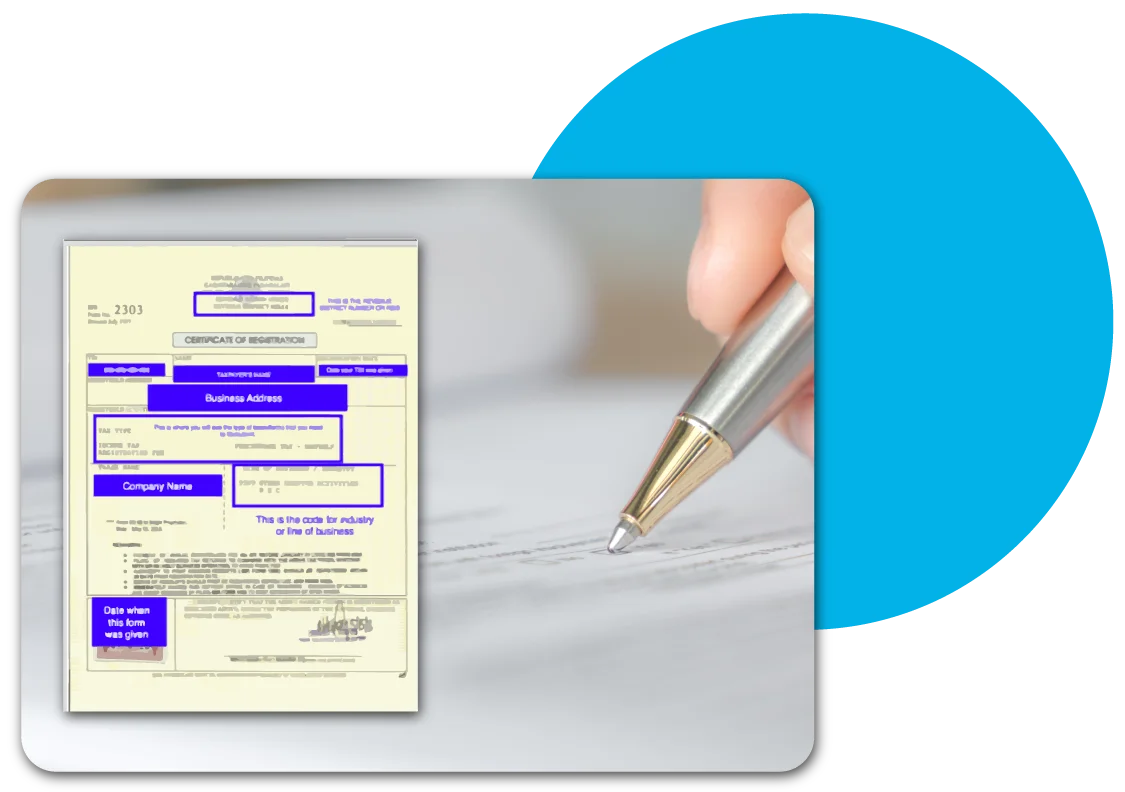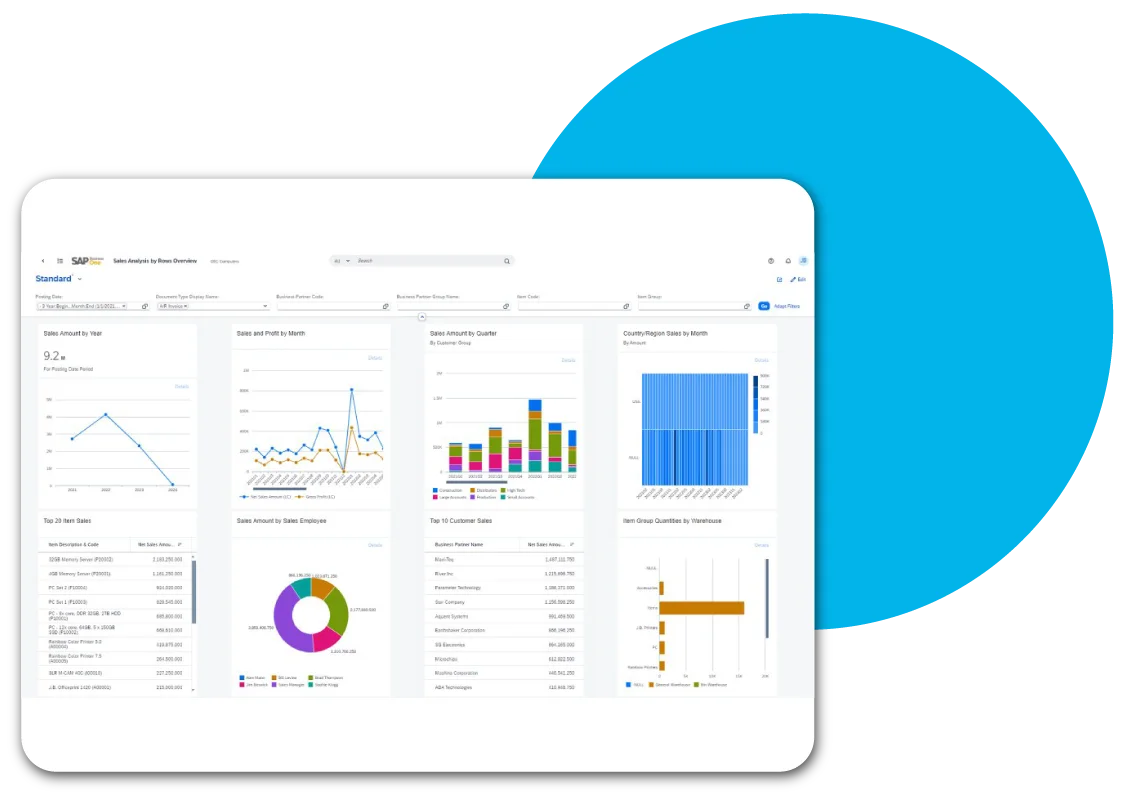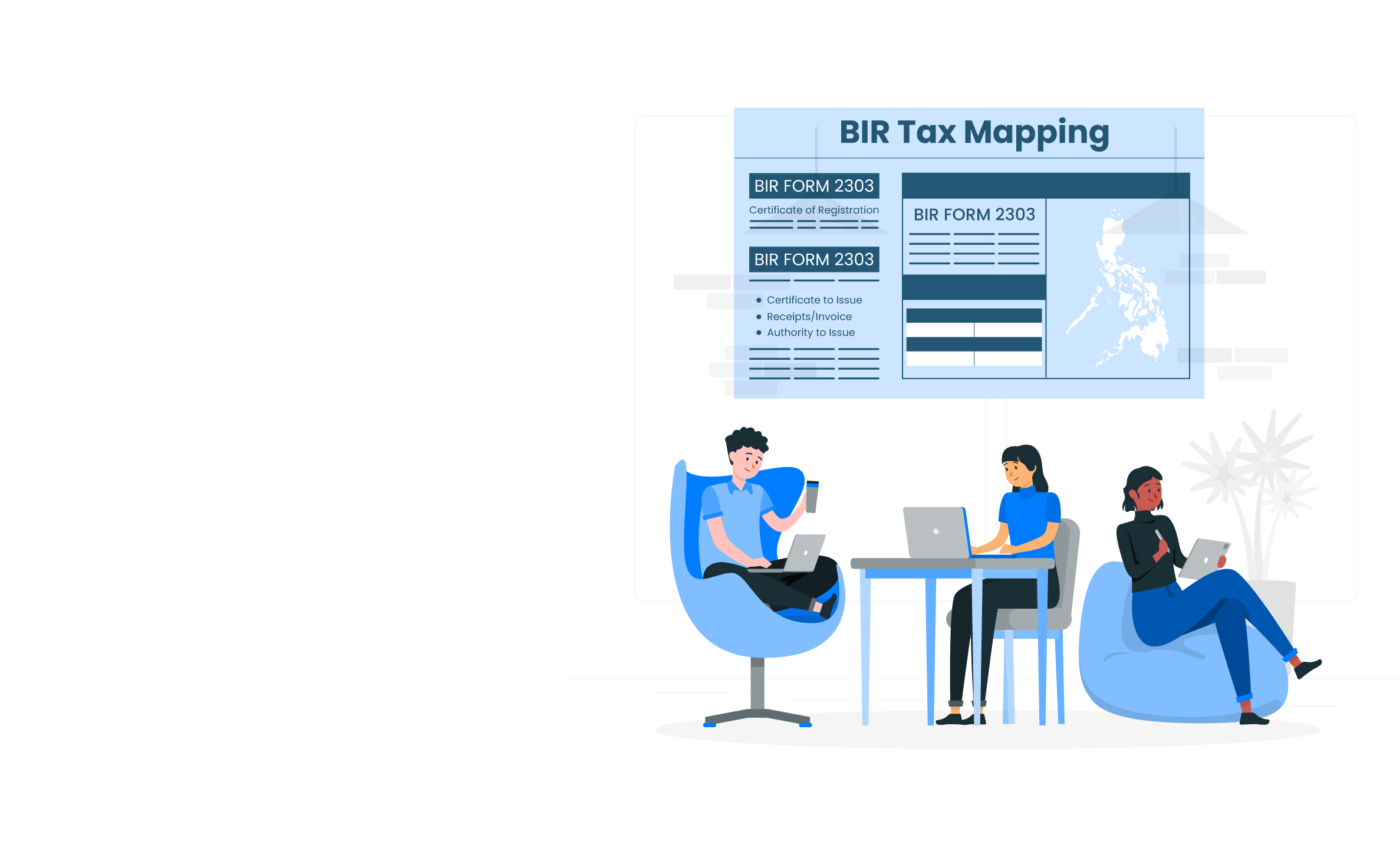Documents to Prepare and Post During BIR Tax Mapping

Certificate of Registration (BIR Form 2303)
This document must be issued by the Revenue District Office (RDO) and displayed visibly at the business location.
Notice to Issue Receipts/Invoices (NIRI)
Replacing the old “Ask for Receipt” notice, this must be prominently displayed at the business premises to ensure compliance.


Authority to Print (ATP) Invoices
An ATP validates the printing of invoices and receipts. ATPs are now valid indefinitely unless booklets are fully used, as per Revenue Regulations 6-2022.
Books of Accounts
Registered books (whether manual or loose-leaf) must be kept onsite. Loose-leaf books need to be permanently bound and submitted to the BIR with a sworn statement within 15 days after the tax year ends.


Permit to Use (PTU) CRM/POS Systems or Computerized Books
A PTU is required for CRM/POS systems through the BIR eACCReg system. For Computerized Accounting Systems or Books, registration requires submitting documents rather than a PTU (as per Revenue Memorandum Circular 5-2021).
Key Changes Effective 2024
-
Annual Registration Fee (ARF):
-
Effective January 22, 2024, businesses no longer need to pay the ₱500 annual registration fee under the Ease of Paying Taxes Act.
-
Failure to comply with BIR requirements during tax mapping can result in substantial fines, including:
-
Failure to Register with BIR: ₱5,000–₱20,000
-
Failure to Display Documents:
-
Certificate of Registration (COR): ₱1,000
-
NIRI: ₱1,000
-
-
Failure to Use Authorized Receipts: ₱10,000–₱50,000
-
Using Unauthorized CRM/POS Systems: ₱25,000–₱50,000 per unit
-
Issuing Unregistered Receipts: ₱20,000–₱50,000

How to Minimize Risks and Avoid Penalties
Switching to a computerized accounting system, such as SAP Business One, Business Central, or NetSuite, helps businesses comply with BIR regulations. These ERP solutions simplify financial processes and ensure accurate record-keeping.
By staying organized and prepared, you can reduce risks, avoid penalties, and handle tax mapping visits with ease. Enjoy a smoother, stress-free process with the right tools and practices.
Get in touch with an expert near you!
Send us a Message
For more information or inquiry about our products and services, kindly fill out the form below.

